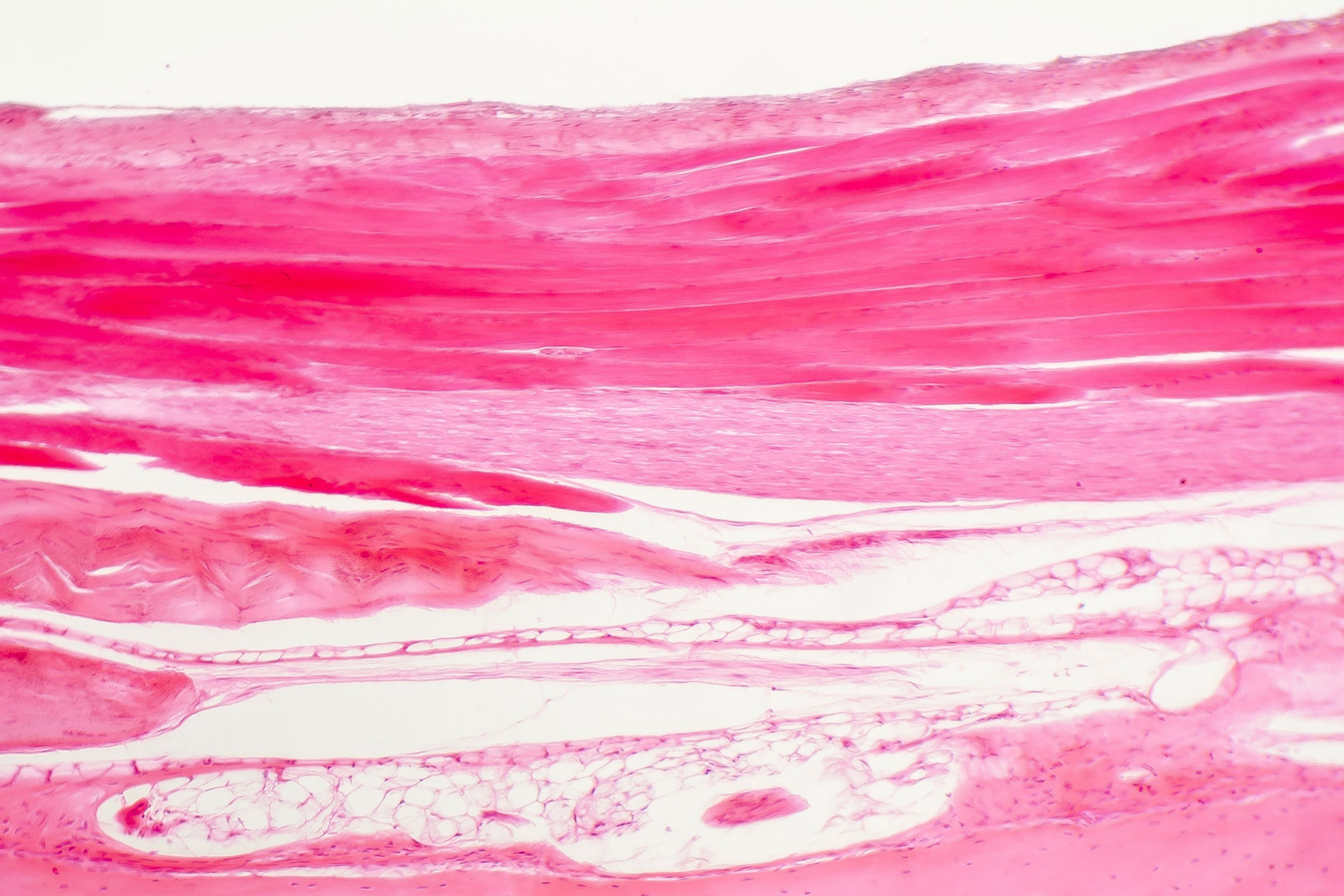An innovative device boosts the body’s own healing abilities to significantly reduce the damage of tendon injuries
Tendons are susceptible to injury and their successful repair remains an unmet clinical need. The five main sites of tendon injury are flexor, Achilles, rotator cuff, quadriceps and biceps. With an ageing population and rising trauma cases orthopaedics accounts for the largest share of the growing soft tissue repair market which was estimated at $5.73 billion in 2016, with orthopaedics at $1.47 billion.
Tendon injuries can be severely disabling, with significant rehabilitation time and high healthcare costs. For end to end tendon repair surgery a key requirement is to ensure mechanical force is retained for the tendon to perform its function.
Non-resorbable sutures, often multi-strand, are the mainstay for tendon repair, as resorbable materials do not impart sufficient mechanical strength, however the increased presence of suture material can lead to adhesion formation and poor outcomes.
This novel product from The University of Manchester represents a paradigm shift, with an innovative device designed to be delivered by keyhole surgery which specifically addresses the biology of a regenerating tendon to improve outcomes for patients.
Using biocompatible resorbable polymer, that is FDA approved for use in the human body, acting as a scaffold to support the tendons’ own healing and providing mechanical strength.
The team’s current priorities are to explore the improved healing strength compared with suture alone enabling evidence-based support for the use of this device over competitors and demonstrate good health economic value.
For more information, please contact the Project Manager.




